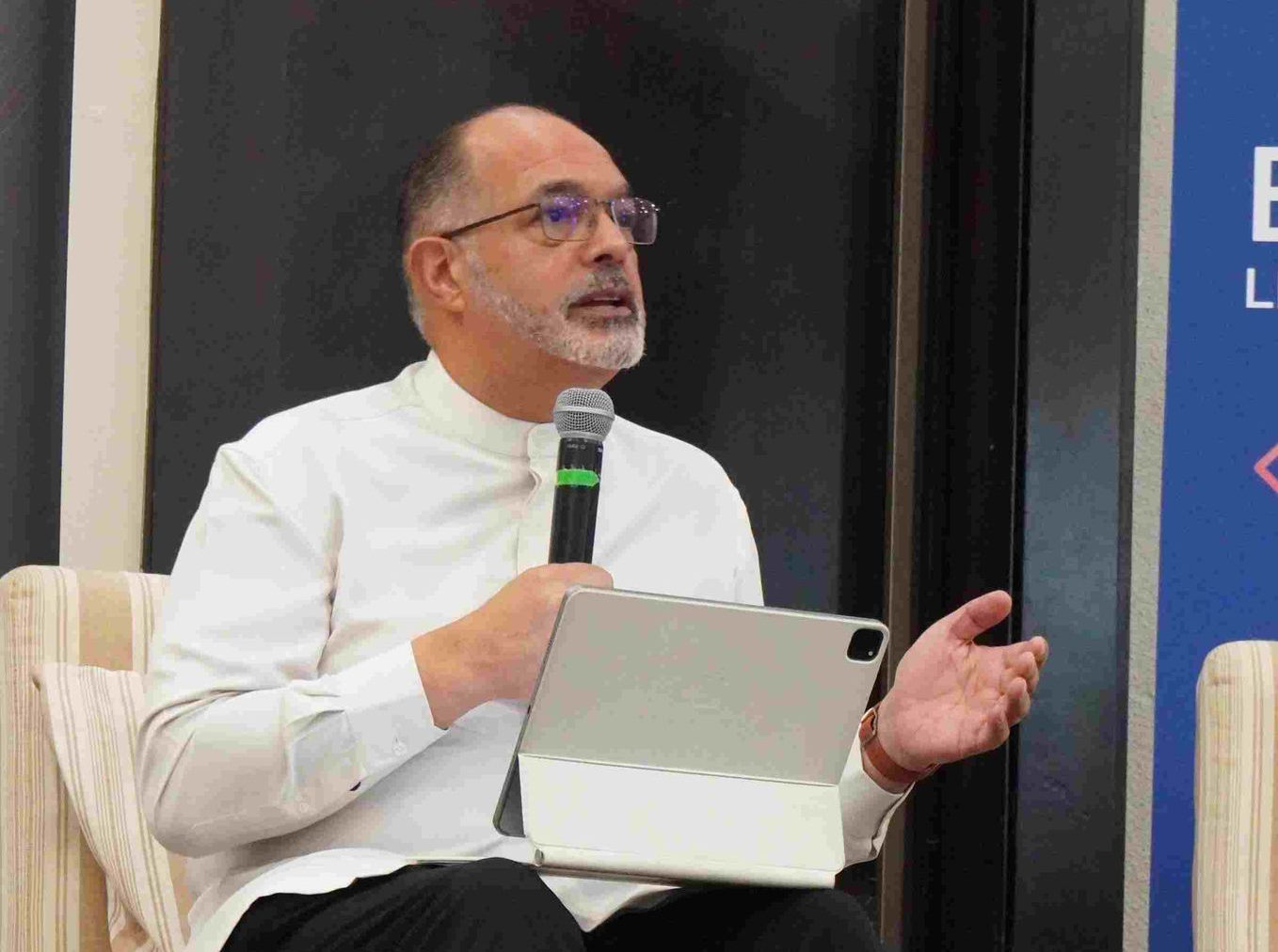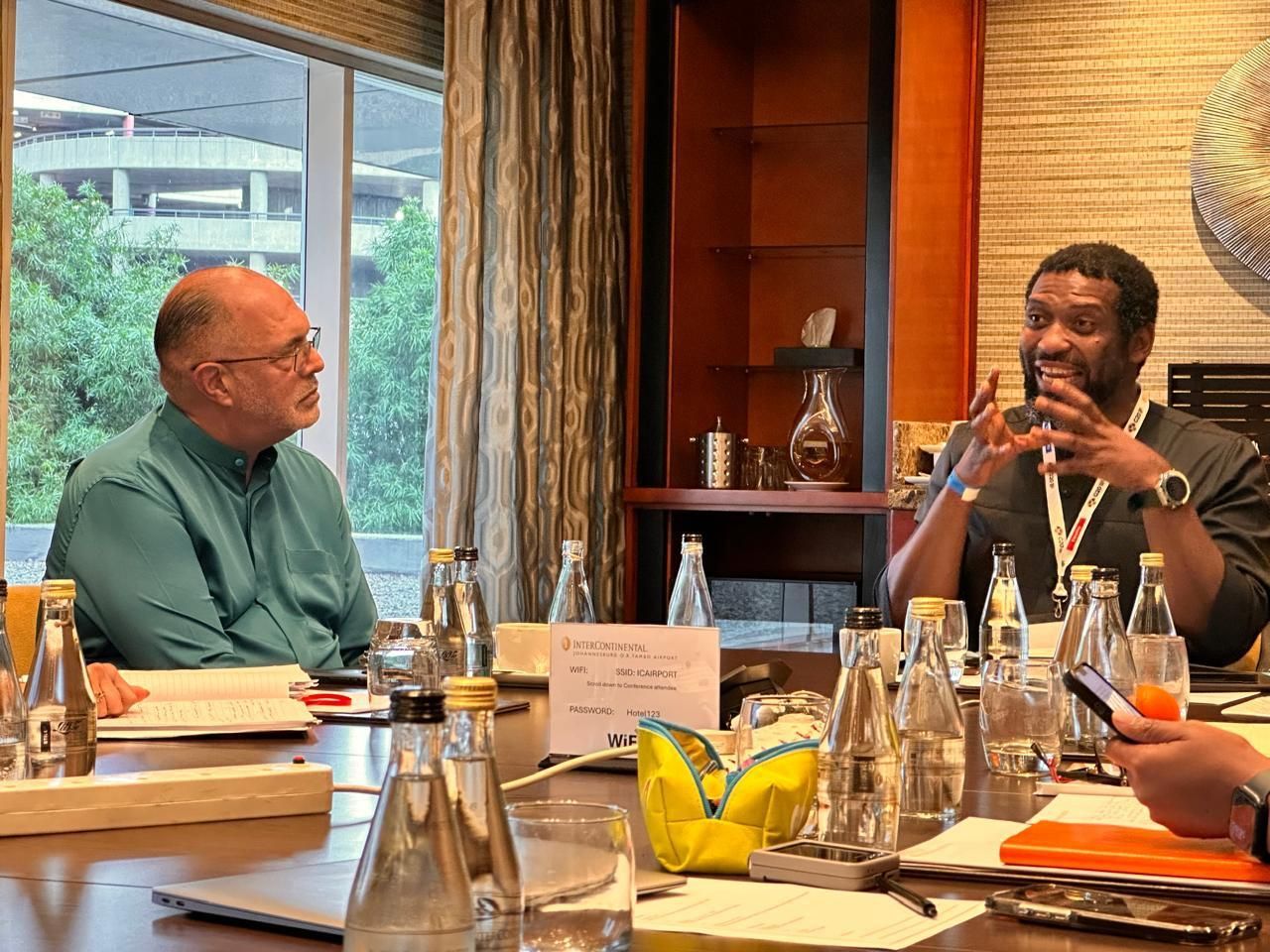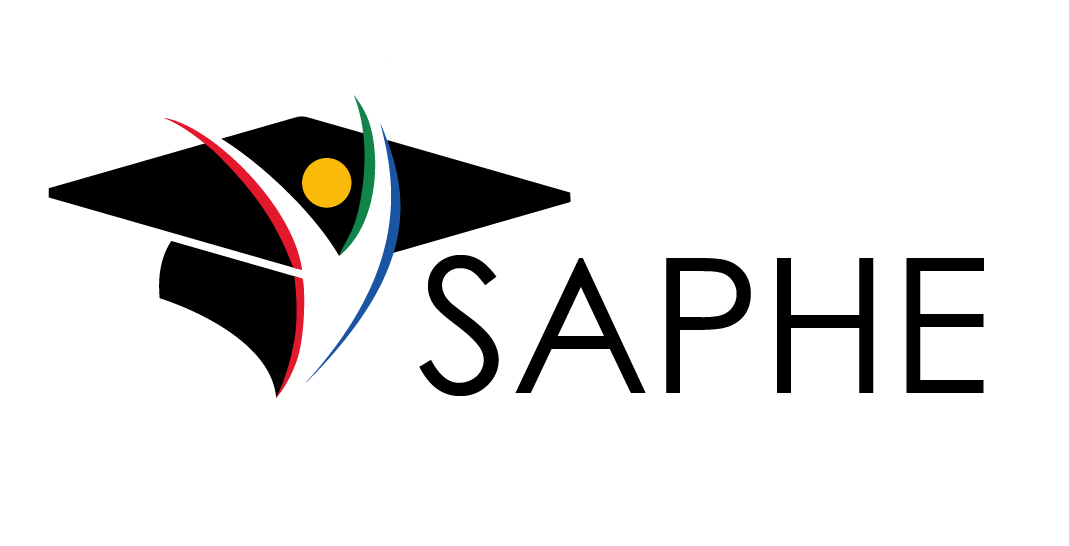Faranani session ignites robust discussion on RPL
Lively discussion and active engagement marked SAPHE's recent Faranani session, held on 15 June 2023. The topic under scrutiny, recognition of prior learning (RPL), proved to be a pressing matter both for regulatory bodies and higher education institutions.
The session was chaired by Dr Carin Stoltz-Urban, SAPHE Board member for Capacity Building, with special guest speaker Dr Makhapa Makhafola, Director at the Council on Higher Education (CHE). Dr Makhafola shared the CHE's latest insights on RPL, drawing from recent discussions with higher education institutions. While there was consensus on the importance and purpose of RPL as a means to promote access to higher education, particularly for previously disadvantaged individuals, the lack of progress since 1994 was disheartening. "We are not getting it right as a sector," remarked Dr. Makhafola. "We must ask ourselves, what are we doing as a country to promote access with success?"
The Faranani session served as an ideal platform for a productive conversation on RPL, focusing particularly on aspects that should be revisited during the revision of the current RPL policy. One key issue with the existing policy was the rule limiting RPL admissions to no more than 10% of a programme's student cohort. This aspect of the policy is likely to change to achieve the intended purpose of RPL, which is to broaden access.
Clarity on assessment requirements for prior learning and clear guidelines for RPL policy implementation were among the areas calling for greater attention. Dr Makhafola said the CHE's would like to invite guidance from higher education institutions on RPL, as well as on related matters such as credit transfers and articulation. He also emphasised the need for better alignment between CHE and SAQA policies, acknowledging that current alignment was lacking.
From the discussions, it became evident that agility and flexibility, both in assessment practices and curriculum design, are essential prerequisites for RPL to effectively support transformation and fulfil its intended purpose of expanding access with success.
Despite the challenges faced in RPL implementation, success stories emerged during the session as attendees shared the educational journeys of RPL students. Dr. Stoltz-Urban invited SAPHE members to collaborate on a paper highlighting RPL success stories for the upcoming SAPHE conference in November of this year.
The RPL Faranani session truly embodied its namesake, "working together," as Dr Makhafola and the attendees exchanged ideas and thoughts on how to reinvigorate RPL and unlock its potential to transform lives.

Dr Carin Stoltz-Urban and Dr Makhapa Makhafola



